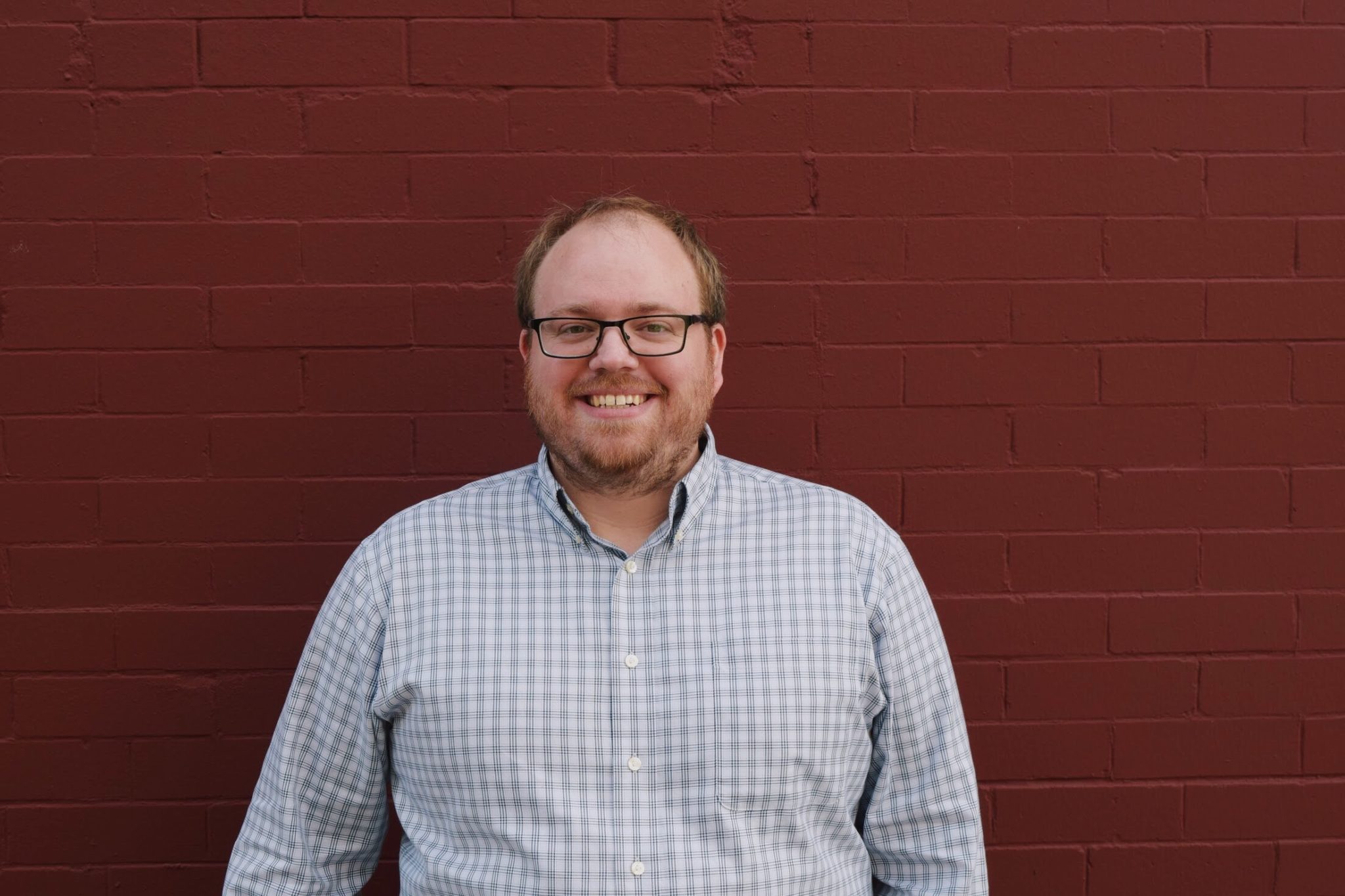A message from our Executive Director

This fall, the Rural Utah Project turned five years old – and I am so proud of all that we’ve accomplished since then. In 2017, RUP began its life as a start-up created by members of the Southern Utah Wilderness Alliance’s board of directors. They had identified a need for a grassroots political organization that could advocate for underrepresented communities in rural Utah on issues ranging from equal representation and voting, to housing and emergency services, and, of course, public lands protection.
In the time since then, the Rural Utah Project has shared SUWA’s goal of bringing more voices to the table and changing outdated perceptions of who lives, works, and votes in rural Utah, but we’ve also moved beyond SUWA’s focus on public lands. We’ve worked hard to remove barriers to voting and participation in public processes across rural Utah and improve access to emergency services through our Rural Addressing Project on the Navajo Nation. We’ve utilized innovative technology, educational tools, and local storytellers to identify and register voters and challenge the idea that rural Utah is a political and cultural monolith, and we’ve engaged in issues important to local communities, like Grand County’s efforts to stop the proposed Book Cliffs Highway boondoggle.
We’ve also moved beyond our identity of just being SUWA’s 501(c)(4) partner – the Rural Utah Project now has its own 501(c)(3) partner, the Rural Utah Project Education Fund. This is the entity that houses most of our nonpartisan civic engagement work, such as our addressing program in San Juan County, and community partnerships like rural film screenings in communities across Utah. Some members of our staff split their time between RUP and RUPEF projects – something normal among nonprofits that include both 501(c)(3) and 501(c)(4) entities – but there has always been a careful separation of funds and data between the two.
As a 501(c)(4), the Rural Utah Project can also endorse and support candidates running for political offices. This year, we’ve endorsed more candidates running for state and local offices than ever before, and we’re proud to back every single one of them. We choose candidates who we feel are the best advocates for their communities on the issues important to us, and who our staff – Utahns who live in the communities we work in – are excited to support.
We have never asked candidates for office to make any pledges or promises in exchange for our support. Our endorsed candidates do not work for us. We don’t ask them to make campaign promises or set goals on our behalf. If anything, it’s the opposite: if they request it, we help mobilize and inform voters, organize public effort, and share their messages. We believe that our endorsed candidates will work harder than their opponents to represent residents and taxpayers. They have no obligation to our organization, only to the people they seek to represent.
Outside of election season, we know civic engagement can’t end at the ballot box: we strive to hold elected officials accountable to their communities by inviting residents of the communities we live and work in to make their voices heard on issues important to rural Utahns.
There are many groups like RUP that do political advocacy and election engagement work – but nearly all of them are working hard to keep things the way they already are in Utah. Today, Utah’s legislature doesn’t represent everyone, and in many communities across our state there exists a culture of suppression of political discourse. The Rural Utah Project is working toward a future that addresses these issues.
I’m excited about the possibilities that our next five years of work will bring, and the future that could exist for Utah as we continue to expand our team of local organizers in rural Utah’s diverse and beautiful communities. If you have questions or concerns about our work, or if you’re looking for ways to get more involved, I invite you to reach out to me directly by email at [email protected] or by phone at (435) 338-3197.
Thank you.
TJ Ellerbeck
Executive Director